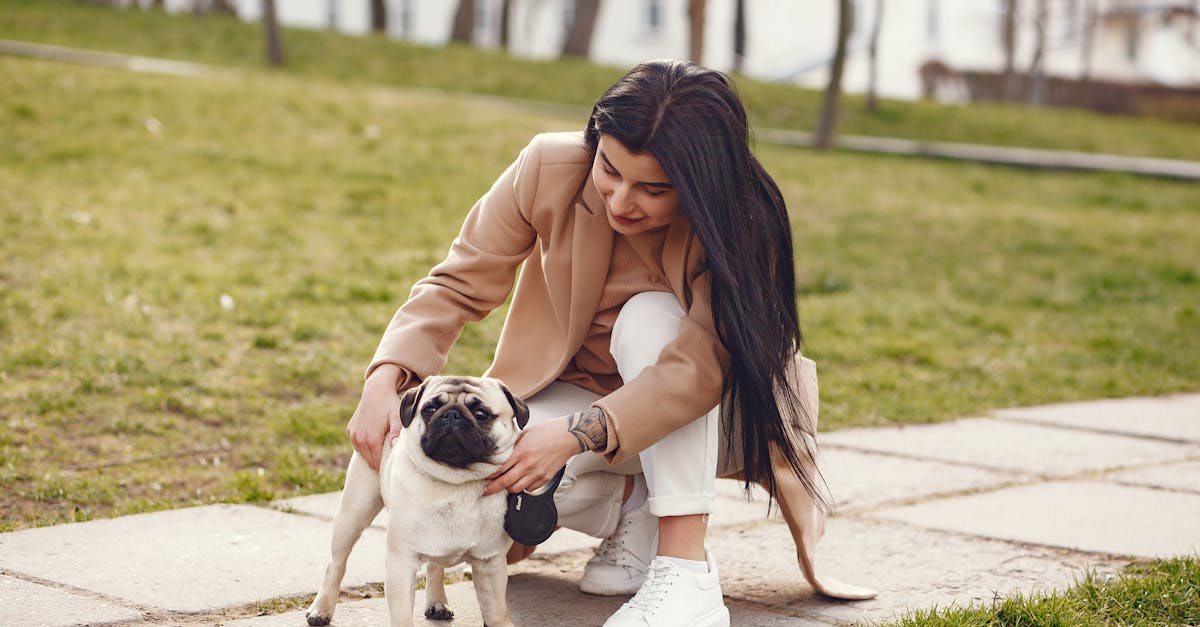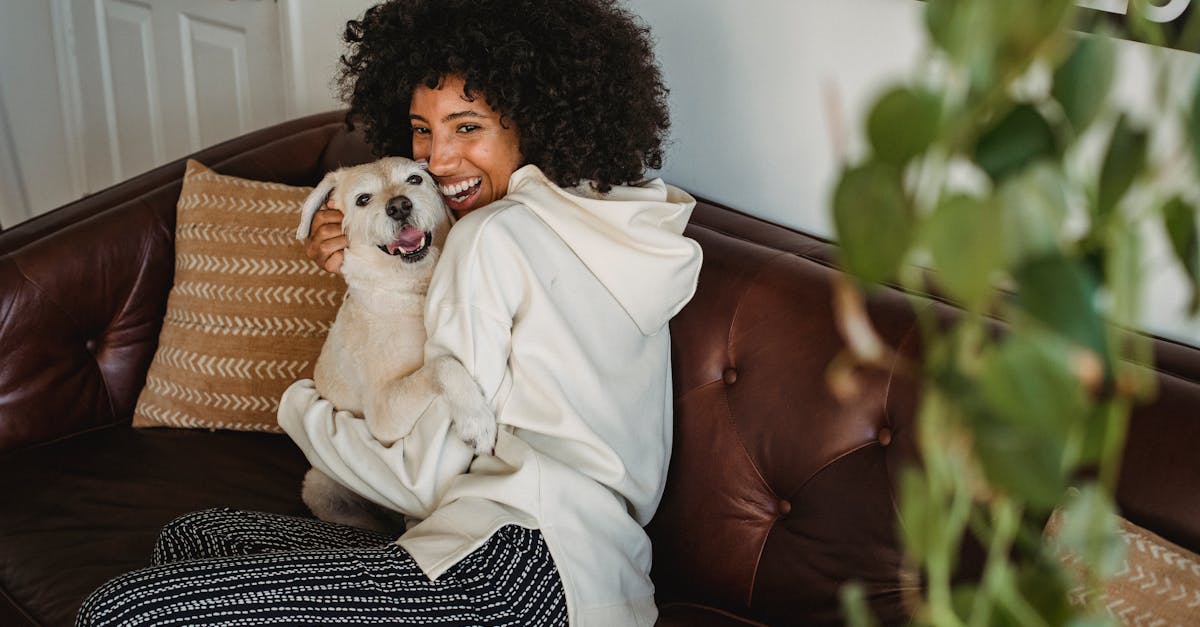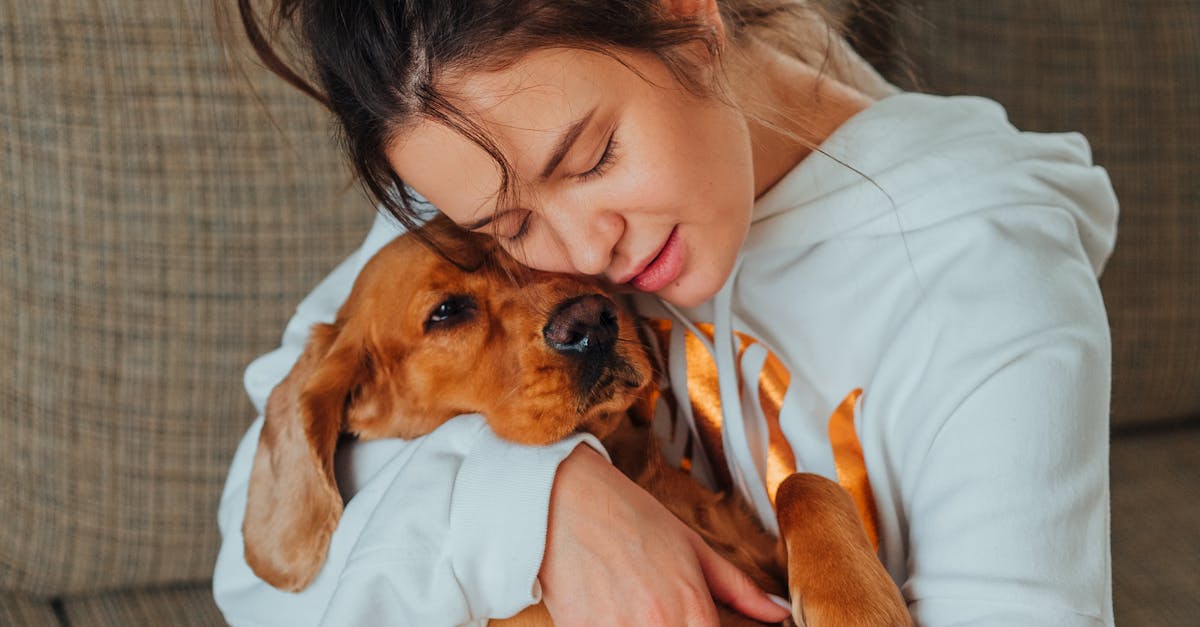Finding Your Perfect Canine Companion
When it comes to choosing the right dog breed for seniors, the task can feel both exciting and overwhelming. The truth is, a dog can bring immense joy, companionship, and even health benefits to older adults. However, not all dog breeds are created equal when it comes to meeting the specific needs of seniors. Let’s dive into the key considerations and breed recommendations that can help you or your loved ones find the perfect furry friend.
Why the Right Dog Breed Matters
Health and Wellness Benefits
It’s no surprise that having a dog can improve overall well-being. Studies have shown that dog ownership can help lower blood pressure, reduce stress, and increase physical activity. For seniors, these benefits are particularly valuable. A dog can encourage regular walks, provide a sense of purpose, and offer emotional support.
Compatibility and Lifestyle
Now that I think about it, the compatibility between a senior’s lifestyle and the dog’s needs is crucial. Seniors might not have the energy to handle a high-energy breed that requires extensive exercise. Likewise, a dog that demands constant grooming might not be ideal for someone with limited mobility. It goes to show that understanding both the senior’s and the dog’s needs is essential for a harmonious relationship.
Key Factors to Consider
Size and Strength
When selecting a dog breed, size matters. Larger dogs can be more challenging to manage, especially if they are strong and energetic. Smaller breeds are generally easier to handle and less likely to cause accidental injuries.
Energy Levels
You’d be surprised how varied energy levels can be among different breeds. While some dogs are content with a short walk and some indoor play, others need extensive exercise to stay happy and healthy. It’s worth mentioning that matching the dog’s energy level with the senior’s activity level is vital.
Temperament
The temperament of the dog is another critical factor. Seniors may benefit from a calm, affectionate, and easy-going dog rather than a breed known for being overly protective or aggressive. Speaking from experience, a gentle and friendly dog can make a world of difference in daily interactions.
Grooming Needs
Grooming can be a significant consideration. Some breeds require regular brushing, haircuts, and other grooming tasks that may be too demanding for some seniors. On the other hand, breeds with minimal grooming needs can be more manageable.
Top Dog Breeds for Seniors
Bichon Frise
The Bichon Frise is a small, cheerful dog that is known for its friendly and affectionate nature. They are relatively easy to train and adapt well to apartment living. Their moderate energy levels mean they enjoy playtime but do not require extensive exercise. However, they do need regular grooming to keep their coat in good condition.
Cavalier King Charles Spaniel
Cavalier King Charles Spaniels are gentle, affectionate, and great with people of all ages. They are small enough to be manageable but have enough energy to enjoy daily walks. Their friendly and adaptable nature makes them excellent companions for seniors.
Pug
Pugs are known for their charming personalities and love for human companionship. They are relatively low-energy dogs that enjoy short walks and plenty of nap time. Pugs are also easy to groom, making them a low-maintenance option for seniors.
Shih Tzu
Shih Tzus are small, friendly dogs that thrive on human interaction. They are relatively low-energy and enjoy lounging around the house. While they do require regular grooming, their affectionate nature and manageable size make them a good choice for seniors.
French Bulldog
French Bulldogs are sturdy, low-energy dogs that are known for their affectionate and easy-going nature. They are relatively easy to care for and do not require extensive exercise. Their short coat makes grooming simple, and their friendly demeanor makes them great companions.
Maltese
The Maltese is a small, gentle dog that is known for its affectionate and playful nature. They are easy to train and adapt well to different living environments. While they do require regular grooming, their loving personality and small size make them a good fit for seniors.
Practical Tips for Seniors and Their Dogs
Establish a Routine
It’s funny how dogs thrive on routine, and this can be particularly beneficial for seniors. Establishing a daily routine for feeding, walking, and playtime can provide structure and a sense of purpose. Consistency helps both the dog and the senior adjust to their new life together.
Consider Health and Mobility
Looking back, it’s essential to consider any health or mobility issues that the senior may have. For example, if bending down to pick up a small dog is challenging, a slightly larger breed might be more suitable. Additionally, seniors with limited mobility might benefit from a dog that does not require extensive exercise.
Utilize Support Systems
There’s something to be said for having a support system in place. Family members, friends, or professional pet care services can provide assistance with tasks like grooming, vet visits, and exercise. This support can ensure that the dog’s needs are met without overwhelming the senior.
Invest in Training
Proper training is crucial for a harmonious relationship between the senior and the dog. Basic obedience training can prevent behavioral issues and make daily interactions more enjoyable. It’s worth mentioning that investing in training can pay off significantly in the long run.
Create a Safe Environment
Ensuring the home environment is safe and comfortable for the dog is essential. This includes providing a cozy bed, easy access to food and water, and a designated area for bathroom needs. It’s clear that a well-prepared environment can contribute to the dog’s well-being and happiness.
Stories of Joy and Companionship
A Heartwarming Tale
Here’s a quick story that illustrates the profound impact a dog can have on a senior’s life. The other day, I spoke with a woman named Mary who adopted a Cavalier King Charles Spaniel named Charlie. Mary shared how Charlie’s gentle and affectionate nature brought immense joy and comfort to her daily life. She mentioned how their daily walks not only provided exercise but also opportunities to socialize with neighbors. Mary’s experience highlights the transformative power of the right dog breed.
The Unexpected Bond
I was struck by another story of an elderly man named John who adopted a Pug named Max. John initially had reservations about getting a dog, fearing it might be too much responsibility. However, he quickly realized that Max’s low-energy and loving personality were a perfect match. John shared how Max’s companionship helped alleviate feelings of loneliness and gave him a renewed sense of purpose. It goes to show that the right dog can make a significant difference in a senior’s life.
Taking the Next Step
Research and Preparation
If you ask me, thorough research and preparation are essential steps in finding the right dog breed. Take the time to learn about different breeds, their characteristics, and their needs. Consider visiting local shelters or breed-specific rescue organizations to meet potential canine companions.
Consult with Professionals
Speaking from experience, consulting with professionals like veterinarians, dog trainers, and pet adoption counselors can provide valuable insights. They can help assess the senior’s lifestyle and recommend breeds that would be a good fit. Their expertise can guide the decision-making process and ensure a successful match.
Embrace the Journey
In my own life, I’ve come to realize that the journey of finding the right dog breed is as important as the destination. Embrace the process, enjoy meeting different dogs, and trust that the right companion will come along. The bond between a senior and their dog can bring immeasurable joy, companionship, and fulfillment.
Wrapping Up
To put it simply, choosing the right dog breed for seniors involves careful consideration of factors like size, energy levels, temperament, and grooming needs. By matching the dog’s characteristics with the senior’s lifestyle, you can ensure a harmonious and fulfilling relationship. Whether it’s a Bichon Frise, a Cavalier King Charles Spaniel, or a Pug, the right dog can bring immense joy, companionship, and health benefits to a senior’s life.
If you’re considering adopting a dog for yourself or a loved one, take the time to research, consult with professionals, and embrace the journey. The perfect canine companion is out there, ready to bring love and happiness into your life. 🐾













not too nais